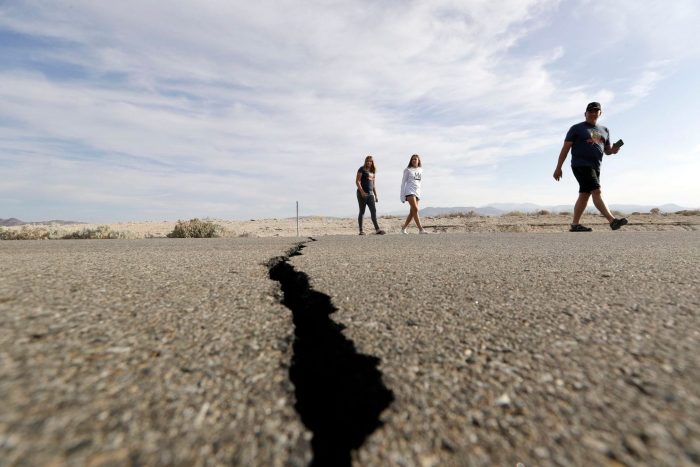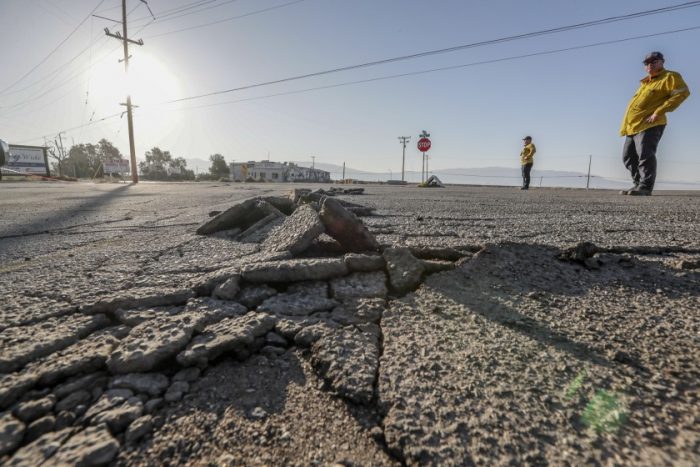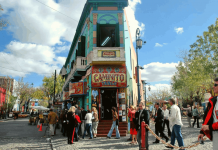Earthquake safety shouldn’t be a primary concern while traveling. However, in the unlikely event that an earthquake does occur, it doesn’t hurt to know what to do. If you are traveling to an area that is known for having earthquakes, it is best that you continue reading this article.
Being prepared for accidents and unexpected events is a must wherever you go. This is especially true for places that have frequent natural disasters such as hurricanes, tornados, tsunamis, and earthquakes.
It is always better to be prepared than to find yourself in a situation where you are stressed or, even worse, in danger. Here are some tips to remember just in case an earthquake happens while you are traveling.

Make Sure Your Hotel Is Safe
Make sure you stay in a hotel that holds regular fire and emergency drills, has an evacuation plan, and conducts fire safety checks. Poor hotel maintenance is a clear sign of alert. It could suggest the infestation of termites, which jeopardizes the integrity of wood-framed structures. If you are traveling to a place that has frequent earthquakes, you’ll want to make sure you are staying in a place that is structurally sound.
Carry and take some extra cash with you. Earthquakes are always likely to interrupt power, telephone lines, and cell phone signals, ensuring that ATMs may be able to operate for a while.
Adapt Your Room For Greater Safety
You can change your room during an earthquake to make it safer. If your bed is next to a wardrobe, move your mattress away from it. Make sure that the furniture is as secure as possible. You should also know where the nearest fire extinguisher is. In addition, take note of the emergency exit that is closest to your room.
Be Alert During An Earthquake
If you experience an earthquake, it is best to drop, cover and hold. Fall onto your hands and knees to avoid falling and sustaining injuries during the earthquake. Cover your head and neck with your arms, or a pillow, or find shelter from falling debris under something solid. Hold this position until the shaking stops.
If you’re outside during an earthquake, stand away from buildings, trees, power lines, and other stuff that might fall on you.
When you’re inside a building, search for cover under a sturdy table or, if this is not possible, place yourself close to an inner wall or in a corner away from any furniture or decorations that might harm you.
When you’re in a moving vehicle, an earthquake may feel like something is wrong with your car. Ground motion, cracks in the road, and distracted drivers are the most significant potential dangers. If traffic is passing around you, don’t stop in the middle of the highway. Pullover to the side of the road when you can. When you are in a safe spot, sit in your car until the earthquake is over.

Stay Alert After The Shaking
Inspect any structural damage to your surroundings. If something doesn’t look safe, get out. Please follow local authorities’ directives, even if you think they’re too cautious. Realize that in the immediate aftermath of the earthquake, police and other emergency services may have changed priorities, so it may take some time to get help for an unrelated issue.
Be aware that in coastal areas, tsunamis can occur, even if the shaking was only slight. Be ready for aftershocks. These may come in minutes, hours, or days later and maybe weaker or more strong than the initial quake.
Conclusion
While most people traveling to regions that are vulnerable to earthquakes would feel — at most — just mild tremors, a stronger earthquake can be very damaging. It’s always a good idea to be prepared. For more traveling tips, click here.
































